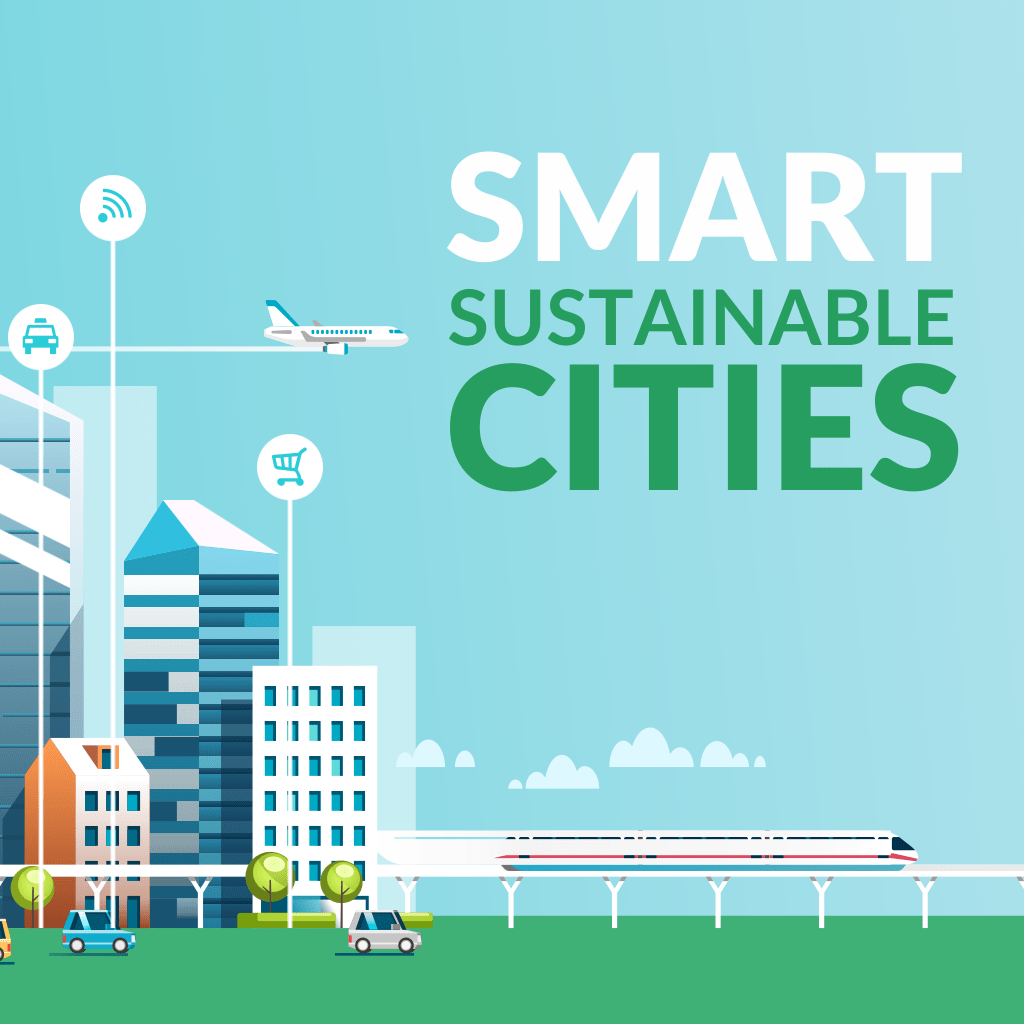Mumbai is a densely populated city located in western India. As a growing urban center, it faces a range of sustainability challenges related to transportation, energy consumption, waste management, and water supply.
There are many ongoing research initiatives focused on promoting sustainability in Mumbai. Some key areas of investigation include:
- Transportation: Mumbai’s transportation system is plagued by traffic congestion and high levels of air pollution. Researchers are exploring new models of public transportation, such as bus rapid transit and metro rail, to reduce car use and improve air quality.
- Energy: Mumbai is heavily dependent on coal-fired power plants, which contribute to air pollution and climate change. Researchers are working on developing renewable energy sources, such as solar and wind power, to reduce the city’s carbon footprint.
- Waste Management: Mumbai generates large amounts of waste, which often ends up in landfills or pollutes the city’s waterways. Researchers are studying ways to reduce waste, promote recycling, and create more sustainable waste disposal practices.
- Water Supply: Mumbai faces challenges related to water scarcity and the quality of its water sources. Researchers are exploring new technologies for water treatment and conservation, as well as ways to improve access to clean water for all residents.
Overall, sustainable Mumbai research is focused on finding innovative solutions to complex urban sustainability challenges. By promoting more sustainable transportation, energy, waste management, and water supply practices, researchers hope to create a more livable and environmentally friendly city for all residents.



